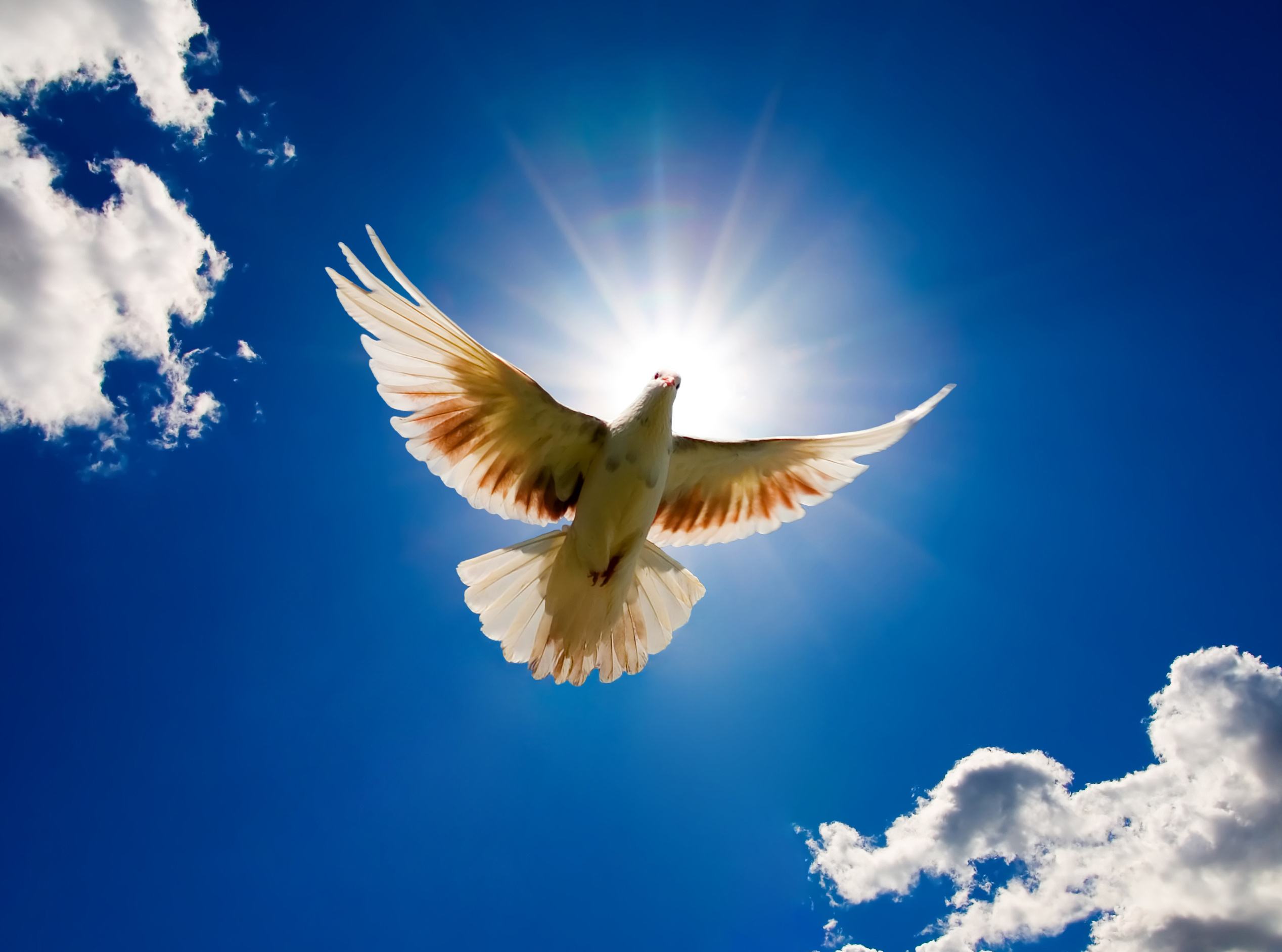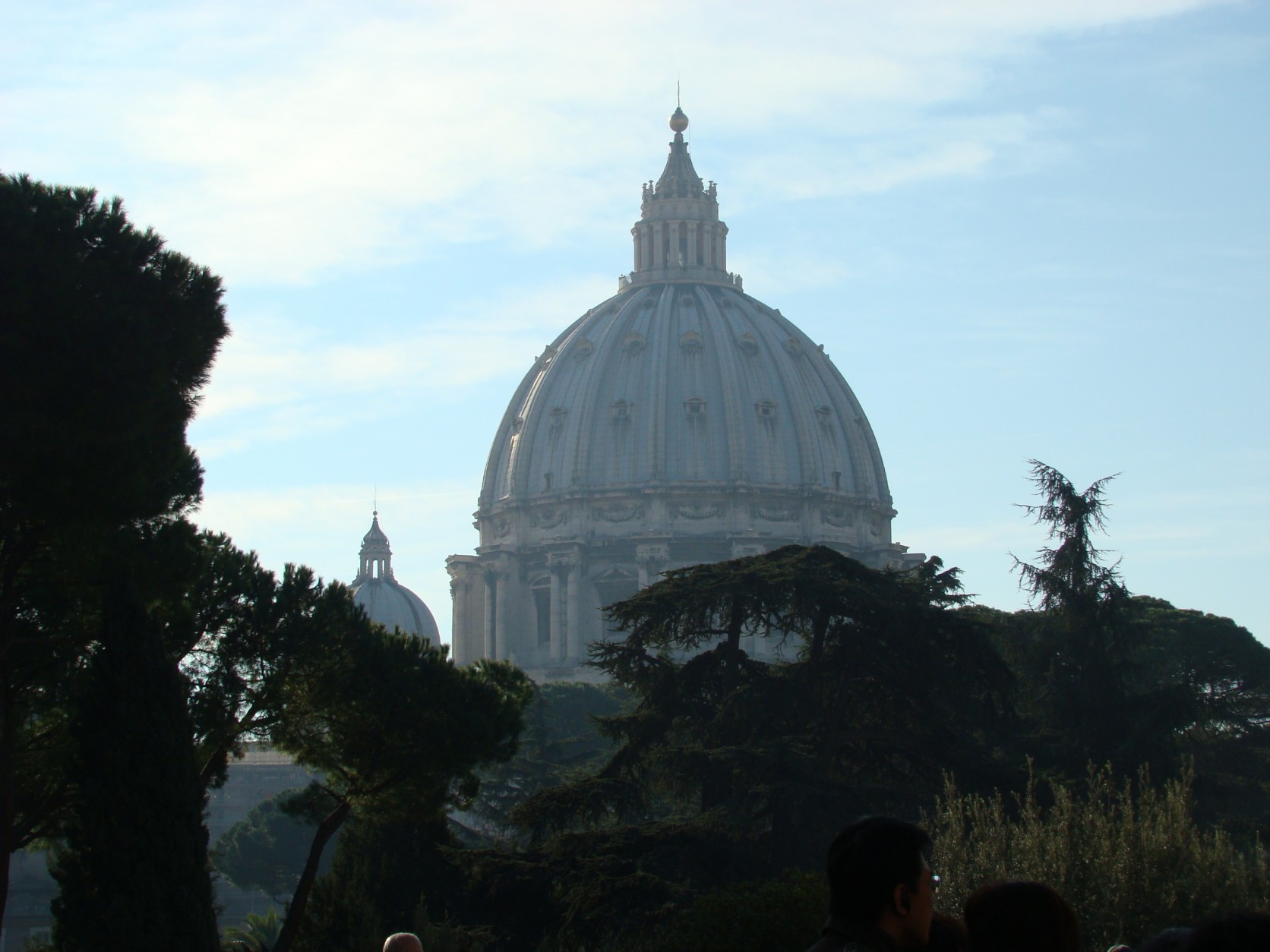Is. 5:1-7; Ps 80:9, 12-16, 19-20; Phil. 4:6-9; Mt. 21:33-43
Jesus is the cornerstone of our life. The psalm reveals that the house Israel is the vineyard of the Lord but Isaiah prophesizes that the Lord’s vineyard has produced wild grapes. All his investment in the vineyard of the house of Israel has not given the fruit he desires. He desired “judgment and justice” but these wild grapes have brought about the “bloodshed” and “outcry”, it is the bloodshed of Jesus and the outcry to crucify him. It leads God to ask “What more was there to do for my vineyard that I had not done?” Looking at the history of salvation is a sad commentary on humanity that repeatedly has rejected God but not all.
God has provided for kings, rulers, priests, and prophets and the people have “neither heeded the voice of the Lord, God, nor followed the precepts which the Lord set”. Is the world any different today than in all history? Jesus came and his word has spread to the ends of the earth. It has spread because Jesus sent his disciples out with the power of his name, that at the name of Jesus every knee shall bend yet rebellion prevails in the hearts of many. Sin remains the greatest pandemic that brings death and destruction.
What was left to do by God for humanity was to send us his son who was rejected and crucified. In all the history of salvation God has sent us his servants with the law of God in his priests and the warning of things to come through the prophets. We are being called to repentance, conversion, and renewal in our commitment to God. The house of Israel is no longer the chosen one. The chosen one is the house of Jesus, the cornerstone of our life. The new tenants of the house of the Lord come through faith, hope, and love of Jesus and without Jesus there is no salvation.
If we belong to the house of God then as in all homes God has his standards and rules. In God’s house it begins with the Commandments. Part of the rules that Jesus called for was for his people to gather together as church to come and worship, receive the word, and receive his body and blood in the Eucharist. Then he went farther knowing that just being part of an institution with rites had failed in the past. He desired to make a home within our souls and bring a transformation from within the heart of a person. We are to be the temple of the Lord.
When friends or family come to visit over the weekend, one of our expectations is that they join us for Mass. Sometimes it has been challenging to get compliance and resistance is quick to respond. The most common resistance is stating they did not bring clothes for church. Well, I have clothes in different sizes and somehow there is always something that fits the person. Too many people want God to agree to their terms of living and the rationalization is endless. “I don’t need to go to church, God is everywhere.” “I want to receive communion but I don’t want to go to confession.” One thing being said more often in our days is “I am spiritual but not religious.”
Does anybody really believe that God is going to adjust his standards to ours? Thank God that he is patient, slow to anger and abounding in mercy but he is not compromising his way to salvation so it bears warning to say “get with the program”. This reminds me of the story of the priest who was being recognized at a celebration. Over the stage was a banner that read “God is other people.” When the priest got up to speak, he began by addressing the banner saying it was missing a grammar correction. It should say “God is other, people” with a comma after “other”. The comma makes all the difference.
Somehow because we are made in the image of God too many believe that God is just like us in our way of thinking, feeling and free will. In fact, we are told that when we see the poor, hungry, and suffering we are to see God in others. God works through us but is not us and God’s way is not our way. With God comes the “House Rules” not meant to chain us but to set us free from sin and evil. Life in God’s house calls us to set our minds on what is positive and carry a mind of excellence. This is not easy and it requires of us to have trust in God. Do we trust God completely?
I was at what is called a low ropes training and one of the exercises required each person to stand on the bed of a truck and let themselves fall backwards to a group on the ground who would catch them before hitting the ground. It is a trust exercise and though it was easy to do it also was not easy unless you felt you could trust others. Not only is it difficult to trust other people, it is even more difficult to let go and let God trusting him with our life. Yet God is calling us to do just that. How can we learn to trust God more? It comes through prayer and petition. It come through setting our mind on what is pure, true, lovely and gracious. In other words, focus on the good and when negativity enters the mind reject it as you would the devil himself with the words “get away from me Satan”.
In the past few years, we have endured a pandemic where the world reacted with great fear instituting many demands and restrictions. They called it the “new normal” meaning it was here to last and our lives would change forever. The rules for the house of the world changed and it was justified to save lives and considered prudent action. Any attempt to question the rules was severely mocked and people from all institutions including science were “canceled” in different ways for challenging the rules.
The pandemic did not last but it did last long enough to cause many to become anxious and hypervigilant. It caused children to become withdrawn and fearful of the unknown after all “what if…” and just complete the statement will all the possibilities. The world turned inward to itself with the pandemic and God was never spoken of in the public square. Those who belong to the house of God had our faith tested, our trust in God succeeded or failed depending on our practice of faith.
Faith is an exercise that requires constant movement in the direction of God. This is having a mind of excellence, where we recognize God is working for our salvation in all and through all and we are listening and responding to his call. “Keep doing what you have learned and received” from God through prayer and petition and through his Church and his servants with thanksgiving for all you have received. Let our hearts not be troubled. When God is with us who can be against us?
Finally, a famous quote by St. Francis of Assisi says, “Start by doing what’s necessary; then do what’s possible; and suddenly you are doing the impossible.” The impossible comes from God who makes up for what we lack and makes all things possible. Amen.





Recent Comments